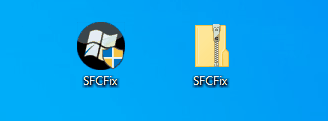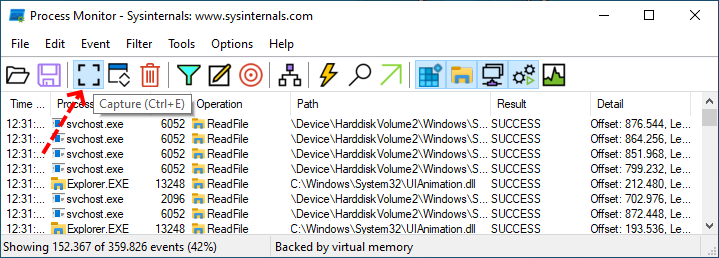Win10_Update_Issue
Active member
- Nov 22, 2023
- 30
Follow along with the video below to see how to install our site as a web app on your home screen.
Note: This feature may not be available in some browsers.

C:\Windows\WinSxS\amd64_usbport.inf.resources_31bf3856ad364e35_10.0.19041.1_en-us_a3fdd12d463484b9 => moved successfully

certutil -hashfile C:\Windows\WinSxS\amd64_usbport.inf.resources_31bf3856ad364e35_10.0.19041.1_en-us_a3fdd12d463484b9\usbhub.sys.mui SHA2562023-11-27 10:36:55, Error CSI 000001a8 (F) STATUS_FILE_CORRUPT_ERROR #19594197# from CFileInstaller::DoComponentOperation(...)[gle=0xd0000102]
2023-11-27 10:36:55, Error CSI 000001a9 (F) STATUS_FILE_CORRUPT_ERROR #19594196# from PrimitiveInstaller::CCoordinator::RepairComponent(Component = usbport.inf.Resources, version 10.0.19041.1, arch amd64, culture [l:5]'en-US', nonSxS, pkt {l:8 b:31bf3856ad364e35})[gle=0xd0000102]DISM /online /cleanup-image /RestoreHealthResult:Code:DISM /online /cleanup-image /RestoreHealth
SFC /Scannow
9:01:51.2867071 PM TiWorker.exe 2160 CreateFile C:\Windows\System32\drivers\en-US\usbhub.sys.mui FILE CORRUPT Desired Access: Generic Read, Access System Security, Disposition: Open, Options: Synchronous IO Non-Alert, Non-Directory File, Open For Backup, Attributes: N, ShareMode: Read, Write, Delete, AllocationSize: n/a, Impersonating: NT AUTHORITY\SYSTEM

del /f /q X:\Windows\System32\drivers\en-US\usbhub.sys.muiHas Sysnative Forums helped you? Please consider donating to help us support the site!
